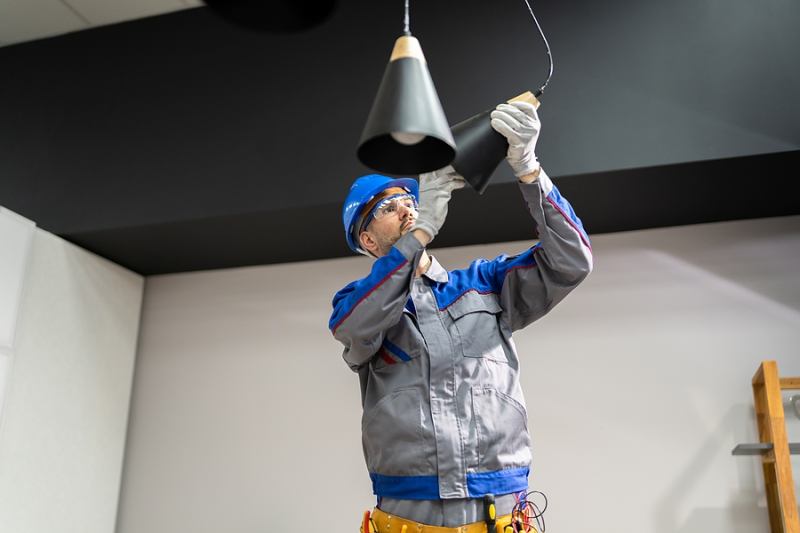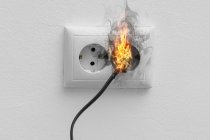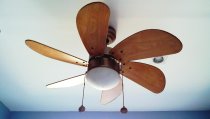Benefits of Energy Efficient Lighting

August 19, 2025
Benefits of Energy Efficient Lighting
Traditional light bulbs are slowly disappearing from the market because energy-efficient lighting is taking place of them. This energy-efficient lighting is preferred mostly because they are brighter, lasts longer, and uses less energy to operate. It allows for a better performance while cutting the electricity bills so who wouldn’t want them?
Traditional vs. Energy-Saving Bulbs
Energy-saving light bulbs last up to 12 times longer than regular bulbs and use less electricity to provide the same amount of light. They're an energy-efficient alternative that can help you minimize your home's carbon footprint, so it helps the environment. The light-emitting diode (LED), compact fluorescent lamp (CFL), and halogen incandescent are the most prevalent energy-saving light bulbs nowadays. In the past, most people used to complain about how there was only cold, harsh, and ultra-bright light available from energy-saving light bulbs. However, the technology of energy-saving light bulbs has developed a great deal since then and now there’s a huge selection of lights the individual can choose from. In addition to this, in the past energy-efficient bulbs didn’t achieve brightness fastly when they were turned on. Today, LEDs and halogens achieve full brightness right away so that isn’t an issue any longer.
Advantages of Energy-Saving Bulbs
There are many advantages of switching to energy-efficient light bulbs.
- Reduced energy costs: When compared to traditional bulbs, both LED and CFL bulbs use significantly less energy. An LED should consume a tenth of a watt or less, while a CLF should use half to an eighth of a watt on average. The difference doesn’t seem very big but when you consider the entire house and outdoor lighting, it makes a huge difference.
- Longer lifespans: Many people who use traditional light bulbs are tired of constantly changing lights. This is also very costly considering you should buy a dozen bulbs on regular basis. The good thing about energy-efficient bulbs is that they seem more expensive at first, but they last much longer than standard bulbs. They have years of longer lifespans. So, you don’t need to constantly spend money on bulbs.
- Improved bulb stability: Energy-efficient bulbs perform better in extreme temperatures and produce less heat, which can save you money for even air conditioning.
- Environmentally friendly nature: Nowadays, being eco-friendly is becoming increasingly important. If you are one of these environmentally conscious people, good news for you. Efficient bulbs use less energy, lowering your household's carbon footprint.
Select the Appropriate Lighting for Your House
For your house, it is important to select the appropriate type of energy-saving bulb because nowadays you have many options. There are three main factors you should look for. The first one is knowing where and how you’ll use it. The second one is the lumen value and the third one is the color you want. Do you need any types of repairs, replacements, or lighting installation? Then call Neighborhood Electric right away! If you want to learn more about the types, things you should look for when choosing energy-saving bulbs and want advice on how to select the appropriate lighting for your house, the only thing you should do is call our representatives and schedule an appointment with our licensed electricians.








